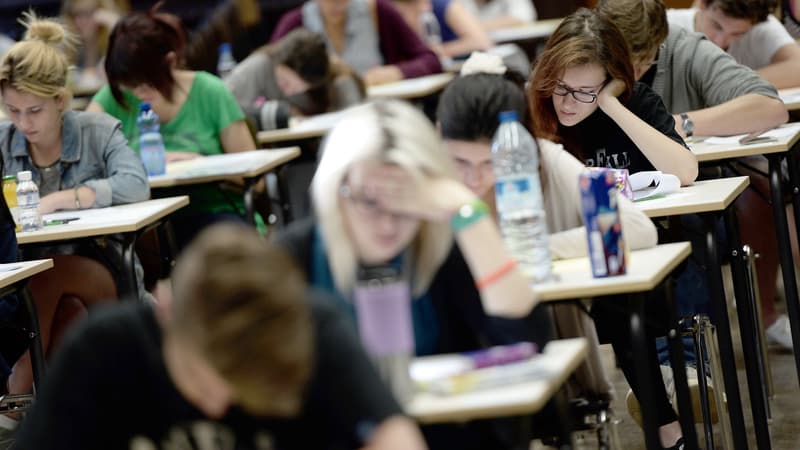A “first class” grade. In the French system, this equates to 17 or more. But to earn this distinction during an assignment, students at Cardiff University in Wales mainly used ChatGPT rather than their knowledge.
Typically, Tom (first name changed) receives slightly lower marks, around 15. After a successful first attempt, the young learner could continue using the OpenAI AI model. Especially since he had never scored that high before.
Integral part of the work process
Unlike previous cases, however, no cheating was observed this time. Learning the history of Internet connections, Cardiff University discovered 14,443 visits to the ChatGPT site in January. There were none in December 2022, when the fix had just been released.
“Most of the visits were identified as coming from our research network: our computer science school, for example, is interested in research and teaching artificial intelligence,” explains the university, which is advancing rather on fair use. from ChatGPT.
However, on the part of the students, the use of ChatGPT becomes almost systematic. Especially to John (first name changed), who no longer completes a single assignment without the AI model and consults it before each evaluation.
Efforts reduced by 20%
Among the tasks that John delegates, the summary of the notions of a lesson when they are “not very well explained by the teacher” or even the suppression of the “blah-blah” of expendable teachers to do homework. In total, the student reduces the effort required to write an essay by 20%.
If you’re “sure no one can tell” ChatGPT’s contribution to your assignment, you’re afraid you’ll get caught and your diploma will be taken away. Especially as Cardiff University takes plagiarism via ChatGPT “extremely seriously”.
Furthermore, if it is not directly mentioned in the integrity policy, the inappropriate use of artificial intelligence is still punishable. “We actively discourage any student from committing breaches of academic rules,” Cardiff University said.
Source: BFM TV


